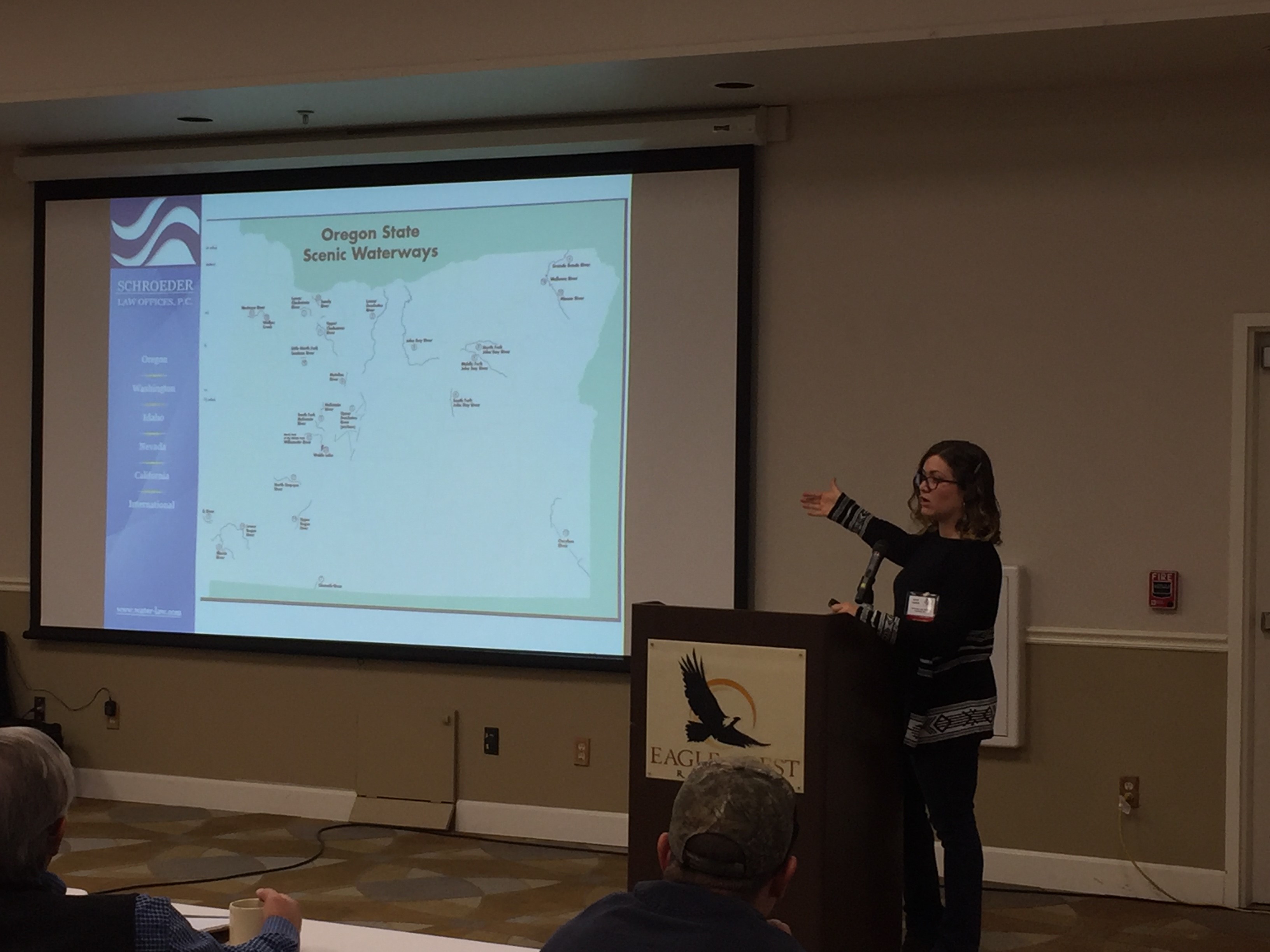Water use conditions in the Klamath Basin continue to worsen in 2018. On March 8, 2018, a water “call” was made in the Klamath Basin, and the Oregon Water Resources Department (“OWRD”) began the validation process for shutting off junior water users. Within the week, on March 13th, Governor Kate Brown declared a drought in Klamath County, Oregon, the first drought declaration since 2015, coming much sooner than hoped or predicted.
In April, OWRD began regulating off water users in the Klamath Basin. On April 13, the Oregon Water Resources Commission approved temporary emergency rules granting a preference to water rights for human consumption and stock watering in Klamath County. The rules allow certain water users with water rights for human consumption and stock watering to continue using surface water for such uses despite OWRD’s regulation off of water use rights. Exempt uses of groundwater, including domestic and stock uses, may also continue despite OWRD’s regulation. The Commission passed similar temporary rules granting the same preferences during the last drought period.
Also in April, Klamath Project water users found themselves unable to begin irrigating due to a federal court injunction. The Hoopa Valley and Yurok Tribes in northern California previously brought suit against the Bureau of Reclamation and National Marine Fisheries Service in federal court, alleging mismanagement of the Klamath River below the four major dams lead to an outbreak of C. shasta, a parasite that infects juvenile Coho salmon. The court entered an injunction requiring 50,000 acre feet of water stored in Upper Klamath Lake to flush and dilute the parasite until most of the salmon have migrated to the ocean, usually occurring after the beginning of June. Irrigators and irrigation districts petitioned the court to lift the injunction, but the court declined to do so in 2018. For more information, see May 1 article from the Capital Press, Judge upholds Klamath River Injunction.
In May, the Klamath Irrigation District brought suit against OWRD, seeking to compel the agency to take exclusive charge of Upper Klamath Lake to distribute water according to the district’s water use rights determined by the agency in the Klamath Basin Adjudication. The district alleges that it disagrees with the Bureau of Reclamation and PacifiCorps as to the proper distribution of water, and those entities are releasing without valid water use rights, causing injury to the district and its patrons.
Also in May, the Klamath Tribes filed suit in federal court in northern California against the Bureau of Reclamation, US Fish & Wildlife Service, and National Marine Fisheries Service, alleging violations of the Endangered Species Act and National Environmental Protection Act by failing to maintain appropriate elevations in Upper Klamath Lake. The Tribes seek declaration of the alleged violations, an injunction against further jeopardy and habitat modification, and for the agencies to reinitiate consultation resulting in a new biological opinion.
Finally, on April 27, 2018, the Klamath County Circuit Court issued a Case Management Order in the Klamath Adjudication, outlining a schedule for hearing the first substantive exceptions filed with the court since the judicial phase of the adjudication began in 2013. First the court will decide exceptions made against federally reserved water claims, excluding Tribal claims. Next, the court will decide exceptions against Walton and Klamath Termination Act claims. Third, the court will decide exceptions to Tribal claims. Numerous exceptions have been filed with the court, alleging OWRD awarded too much water to these claims, ignoring the pertinent legal standards for deciding these claims, to the detriment of other Klamath Basin water users. A decision on the first group of exceptions is not anticipated until 2019.
The Upper Klamath Basin Comprehensive Agreement was terminated on December 28, 2017. The agreement called for retirement of irrigation rights to increase stream flows into Upper Klamath Lake by 30,000 acre feet per year. This “retirement” (or cancellation) of water use rights, which was negotiated largely in the absence of upper basin irrigators, was viewed unfavorably by many of the affected irrigators, and was ultimately not funded by Congress. Discussions about alternative agreements continue to this date.
Overall, the return of drought conditions, coupled with fish disease and five years of merely procedural rulings in the Klamath Basin Adjudication, have left water users in the Klamath Basin in serious trouble.
Stay tuned to Schroeder Law Offices‘ Water Law Blog for more water news!

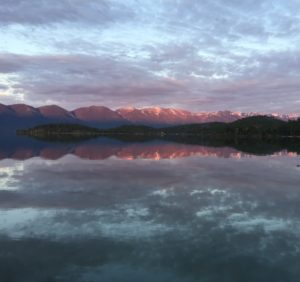


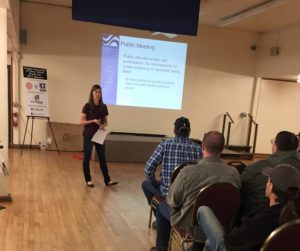





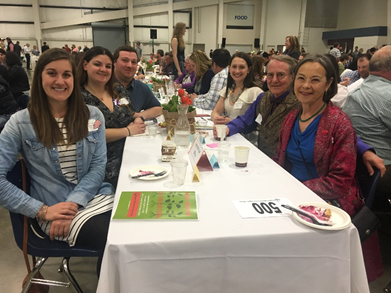

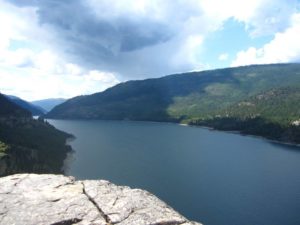

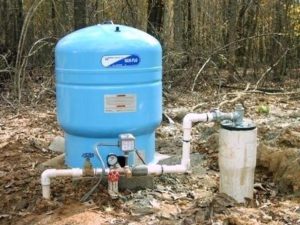

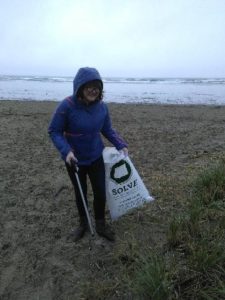

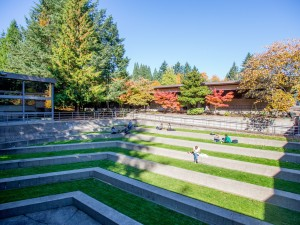



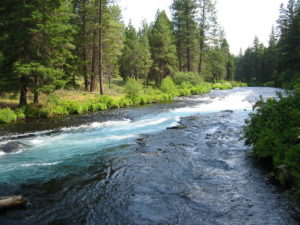




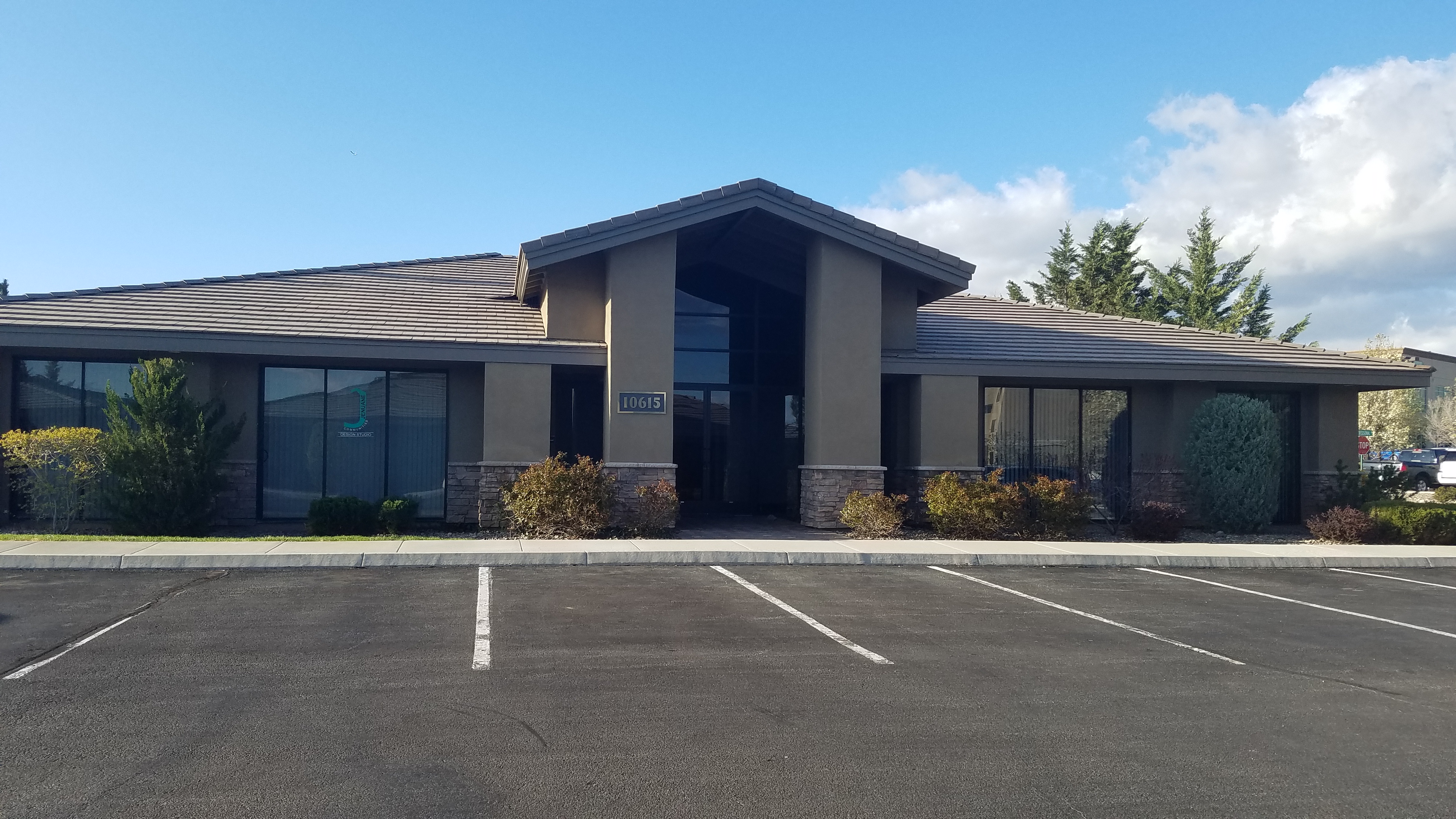 In April 2017,
In April 2017, 






